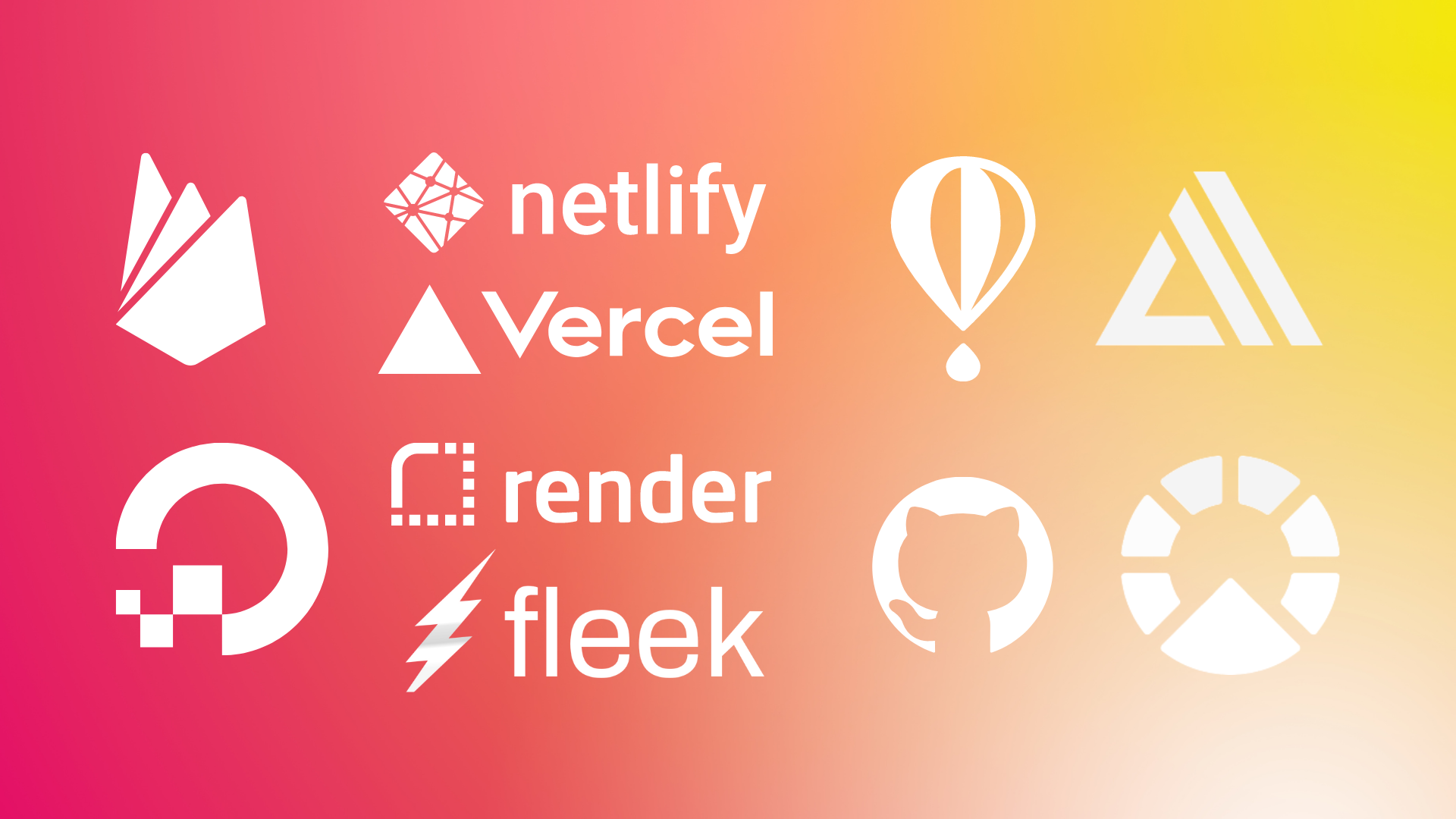The Dawn of a Golden Decade for SMBs: Cloud Computing and the Path to Becoming a Unicorn
There is little dispute that cloud computing has supercharged the growth trajectory of technology startups over the past decade, attracting a growing pool of talent to the industry. A prominent trend during the years between 2010 and 2020 was the proliferation of startups in the B2C domain, all aspiring to carve out their space as unicorns, following in the footsteps of Facebook and the likes.
Companies such as Airbnb, Uber, Netflix, and LinkedIn emerged during this era, signifying a golden decade for the creation of tech products geared towards consumers. But as we move into the 2020s, the question arises: should we continue to emphasize B2C product development?
Investment trends offer some compelling insights. It appears that investors are increasingly inclined towards startups focusing on B2B products, specifically those targeting the SMB market with tools that empower them with enterprise-level productivity. This shift prompts a deeper exploration of the dynamics that underlie this trend.
William Gibson once said, "The future is already here — it's just not very evenly distributed." " By this, he meant that while exact repetitions are rare, patterns and themes often recur. Applying this wisdom to our context, one might argue that just as the 2010s were a golden decade for B2C startups, the 2020s could well be a golden decade for B2B startups aimed at SMBs.
From Tech Giant to Startup: A New Wave of Productivity Tools
The operational efficiency of tech giants has long been an object of fascination and emulation. One secret to their massive yet efficient scaling is the luxury to dedicate talented teams to build internal tools. These tools, aimed at enhancing productivity by automating repetitive tasks, have often become successful stand-alone businesses, addressing key productivity gaps in the market.
Take the simple yet essential process of scheduling interviews. A minor inconvenience on the surface, but in practice, a significant drain on time and resources. Here, Calendly has emerged as an elegant solution, eliminating the back-and-forth by allowing easy appointment slot booking. No more awkward exchanges over already-occupied slots or rescheduling conflicts.
Consider another example, Personio — a unicorn incubated at the Technical University of Munich. Personio recognized a significant problem: the HR function was mired in time-consuming, manual processes often handled via Excel. Personio's comprehensive HR platform consolidated various tasks, from time tracking and payroll management to PTO planning and personal information handling, greatly enhancing efficiency.
Other success stories abound. Monday.com for project management, Lattice for employee feedback, Miro for collaboration, and Highspot for internal onboarding - all initially built to resolve specific pain points within large corporations, have now become popular productivity tools equipping SMBs with enterprise-grade capabilities.
This trend, of internal tools evolving into successful spin-offs, is a testament to the iterative problem-solving approach of tech giants. They address specific, localized issues first, then fine-tune the solution before expanding to other regions and markets.
By observing this trend, startups can adopt similar strategies - identifying specific, often overlooked problems, creating elegant, scalable solutions, and growing these solutions into full-fledged businesses. In this context, becoming a unicorn is not just a dream — it's a tangible goal.
PaaS: The New Era of Scalability for SMBs
A trend I've noticed during my tenure at DigitalOcean is the increasing reliance of SMBs on Platform as a Service (PaaS) providers to ensure their systems' scalability and reliability. This represents a seismic shift away from the traditional model of maintaining dedicated Site Reliability Engineering (SRE) or DevOps teams.
The reasons for this shift are manifold. On one hand, there's the sheer scarcity and cost of talent in the SRE and DevOps realm. On the other, many SMB founders cut their teeth at tech giants where they experienced firsthand the efficiency of SRE teams in maintaining minimal downtime while scaling systems.
These founders recognize the critical role of system stability for business continuity. Yet, in the early stages of a startup, shipping products quickly and capitalizing on the time-to-market advantage often take precedence over building robust, scalable systems. But that doesn't mean they're ignoring the potential pains of rapid scaling or downtime reductions.
Their solution? Leverage PaaS. By choosing to build on platforms that handle the underlying scalability and reliability, SMBs can focus on creating new features and shipping products rapidly. As their products gain traction and traffic increases, the PaaS providers handle the scaling. It's a win-win situation.
We see this in the rise of platforms like Vercel and Netlify, which enable full-stack engineers to concentrate on writing front-end and back-end code, leaving the infrastructure headaches to the platform providers. Similarly, Streamlit provides a well-scaffolded framework for machine learning engineers to quickly present their models to stakeholders.
This paradigm shift underscores the current ethos of the tech world: build and ship products or features faster for an optimal time-to-market window. Echoing the motto of the Olympic games, "Faster, Higher, Stronger," the cloud computing world seems to be embracing a similar mantra. As a solutions engineer in this space, I would modify it to: "Faster, Stronger, More Value."
ChatGPT: A Significant Shift in SMB Operations and Strategy
It's well established that artificial intelligence has substantially altered business operations. From automating tasks to generating insightful data analysis, AI's impact is undeniable. A more recent development, however, is how OpenAI's ChatGPT model has enhanced this transformation by leaps and bounds, pushing boundaries beyond basic automation to capabilities such as code writing and advanced analytical tasks.
Take the role of solutions engineers, traditionally burdened with the task of creating automation scripts to facilitate platform adoption. With the integration of ChatGPT, these professionals can rapidly generate instructions and optimize their time and resources, creating a ripple effect of efficiency across the company.
This advanced AI capability is not just restricted to those with technical acumen. ChatGPT offers an empowering tool for individuals with innovative ideas but limited coding skills. By locating suitable templates or even generating preliminary code, these individuals can bring their Minimum Viable Product (MVP) to life without the need for an extensive technical team.
The incorporation of ChatGPT at AmazingTalker, an online language learning platform based in Taiwan, is a testament to this trend. The company's integration of ChatGPT into its workflows and product development process has reportedly resulted in a 90% enhancement in productivity and a significant 37% reduction in workforce. This case highlights the emerging trend of enterprises capitalizing on AI capabilities to bolster efficiency and productivity.

What we're witnessing isn't merely a technology upgrade; it's a paradigm shift, a revolution of empowerment. Equipped with tools like ChatGPT, individuals and smaller teams can achieve productivity levels once exclusive to larger operations. This development has exciting implications for entrepreneurial ambition, as we see more individuals embarking on solo ventures, equipped with the confidence that AI tools can support their journey.
This trend is captured in 'Current Research 2023', a recent study by DigitalOcean. The study paints a clear picture: The entry barriers to launching a SaaS startup are being lowered. No longer is there a rigid necessity for a dedicated DevOps or a full-stack team. With AI tools like ChatGPT, entrepreneurs can navigate initial hurdles, create market-validated MVPs, and spur the growth of SMBs.
In this light, ChatGPT is more than an AI model; it represents a significant shift in the SMB landscape. It embodies the democratization of advanced technological capabilities, levelling the playing field and opening doors for a new era of SMB growth. As this trend continues, the 2020s could well witness an unprecedented boom in the SMB sector, fuelled by the power of AI.
The Rise of the Solo Unicorn: How AI and PaaS are Shaping the B2B Landscape
One of the most compelling shifts in the technological landscape, notably in the B2B arena, is the rise of the 'solopreneur'. This trend is particularly pertinent in the 2020s as we navigate the socio-economic implications of a tumultuous decade.
A report from DigitalOcean, 'Current Research 2023', signals a vital development in this regard: professionals are increasingly transforming side hustles into full-fledged businesses. But why now? Two crucial factors: the maturation of the Platform as a Service (PaaS) landscape and the advent of generative AI technologies, like OpenAI's ChatGPT.
PaaS and cloud computing have significantly lowered the barriers for entrepreneurial endeavours, empowering individuals to execute innovative ideas without investing heavily in infrastructural setup. However, idea execution has often been a bottleneck – the challenge of transforming a visionary concept into a viable product requires more than just a robust platform. It needs human resources and a shared vision, which in times of economic uncertainty can be difficult to find.

This is where generative AI becomes a game-changer. As an 'omnipotent personal assistant', technologies like ChatGPT offer capabilities that once required a dedicated professional team. Tasks that previously posed significant roadblocks to solopreneurs, due to the need for specialized skills or time investments, can now be offloaded to AI.
Consequently, we're witnessing the inception of a new business paradigm: the solo unicorn. An ambitious professional can now leverage PaaS for infrastructural support, tap into APIs powered by generative AI, and focus on refining and realizing their unique ideas. It's no longer about finding the right co-founder; it's about choosing the right tech tools.
The potential of this model is particularly apparent in the realm of productivity tools. Unlike the more speculative and volatile sectors like cryptocurrency, productivity tools provide tangible value. They are designed to solve real-world problems, making it easier to identify product-market fit. The proposal is simple yet powerful: offer tools that enable individuals or companies to do more with less. And in a world where efficiency and lean operations are key, such an offer is hard to refuse.
In conclusion, as we navigate the 2020s, cloud computing, PaaS, and AI are not just reshaping the tech landscape; they are redefining the very notion of entrepreneurship. The stage is set for the rise of solo unicorns, and the evidence suggests we're on the brink of a golden decade for personal side projects and one-person enterprises.
Final Thoughts: The Impact and Relevance of 'Allegory of Good Government'
The "Allegory of Good Government" by Ambrogio Lorenzetti, created in the 14th century, symbolizes how effective governance can foster a thriving and harmonious society. This concept parallels the idea that judicious use of AI and PaaS technologies in the context of SMBs can lead to enhanced efficiency, cost reduction, and drive innovation, akin to the prosperity portrayed in Lorenzetti's well-governed city.
The success of the city in the fresco hinges on the integrity of its governance, which mirrors how the success of modern SMBs depends on how well they leverage innovative technologies while adhering to their core business values and objectives. Thus, Lorenzetti's "Allegory of Good Government" resonates with the spirit of the article, highlighting the harmony and prosperity that can arise from the effective utilization of AI and PaaS in the business landscape.




